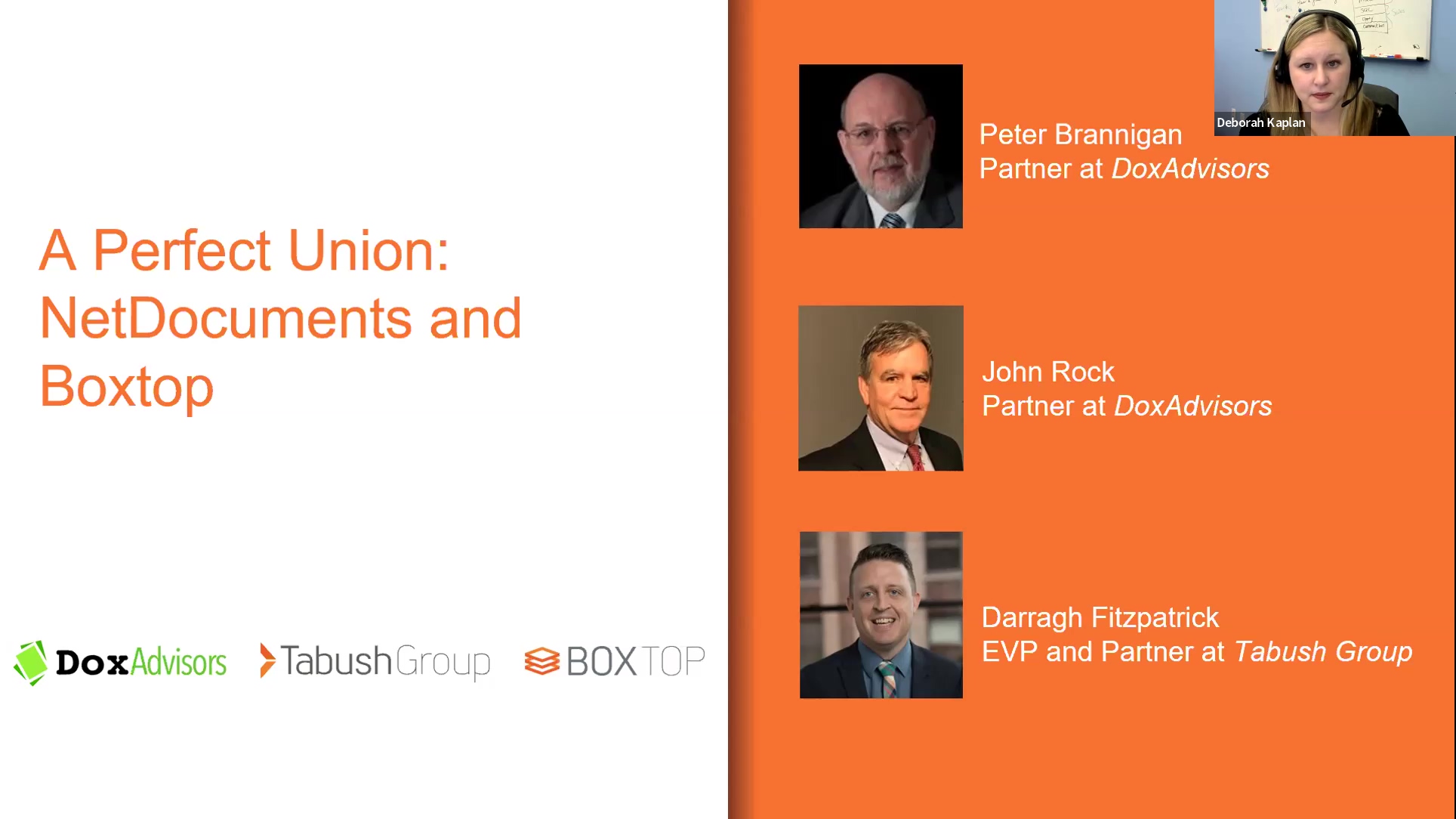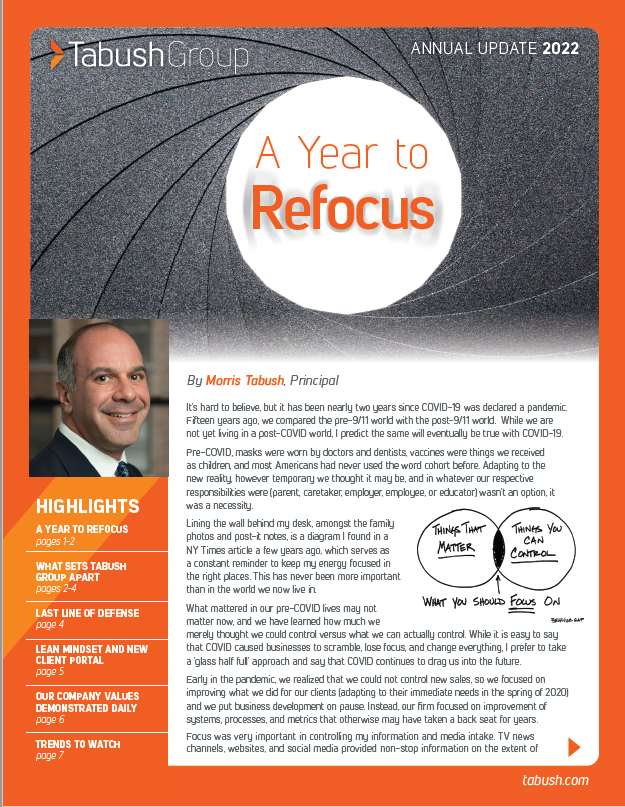Cybersecurity attacks continue to rise, and law firms of all sizes have become a prime target. According to Coveware, 24.9% of all ransomware attacks in Q1 2021 targeted professional services firms, especially small and midsize law firms. With the surge in cyberattacks, firms have begun to shift how their IT is managed, with an increase in the use of managed IT services versus in-house IT professionals.











